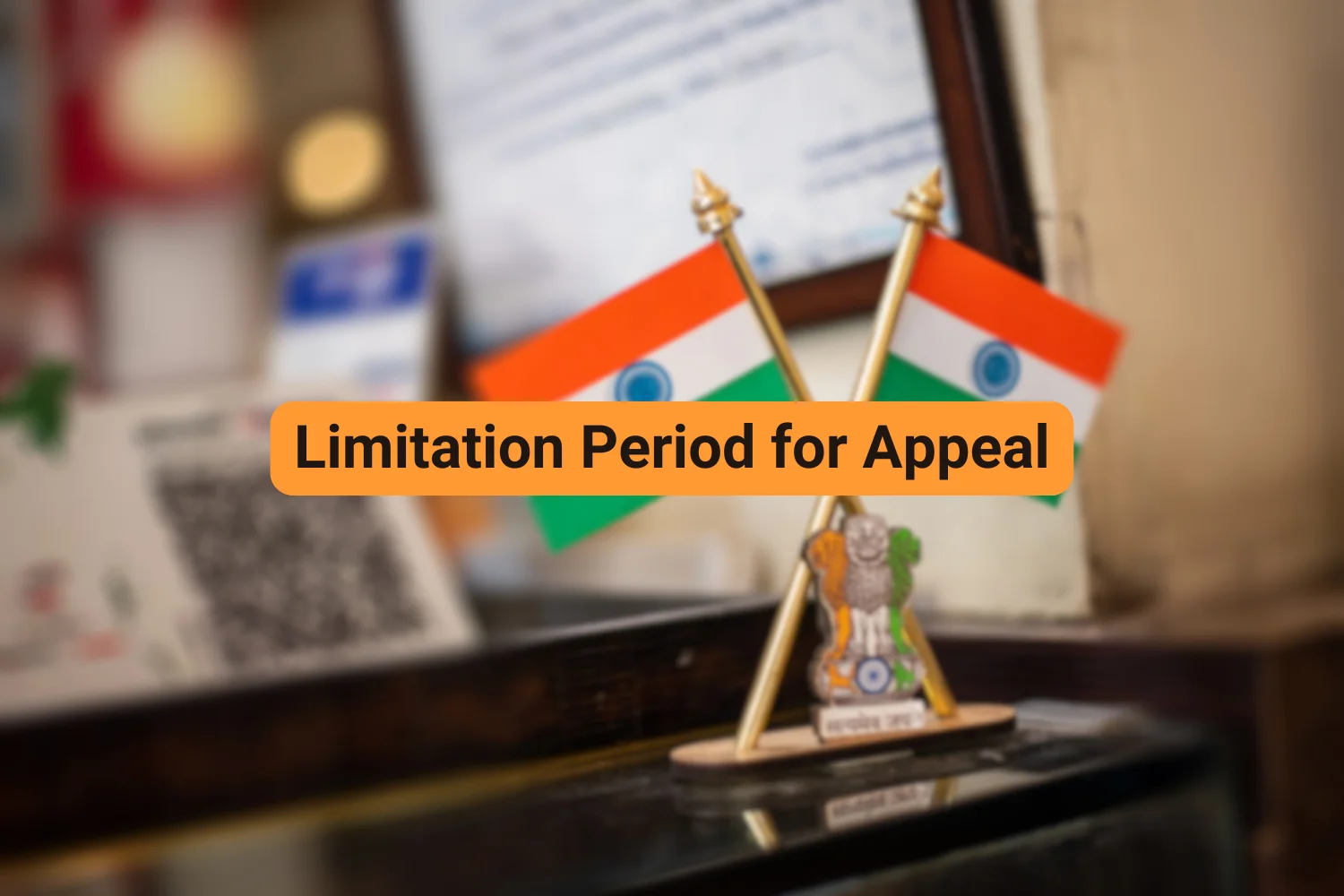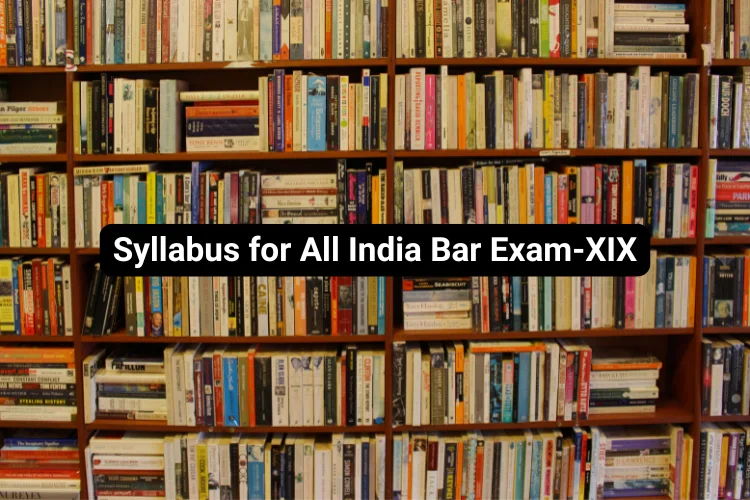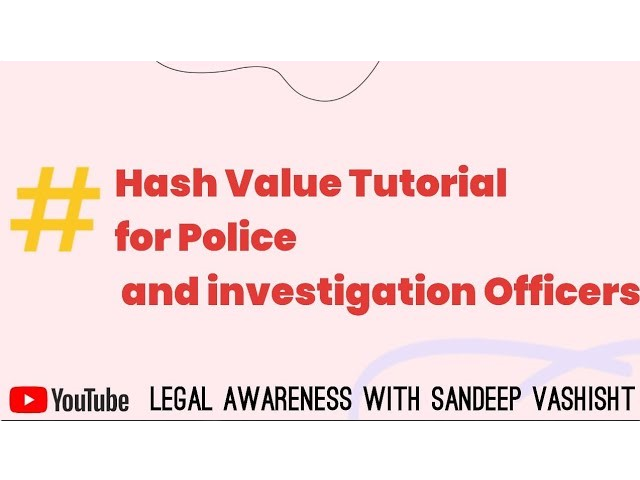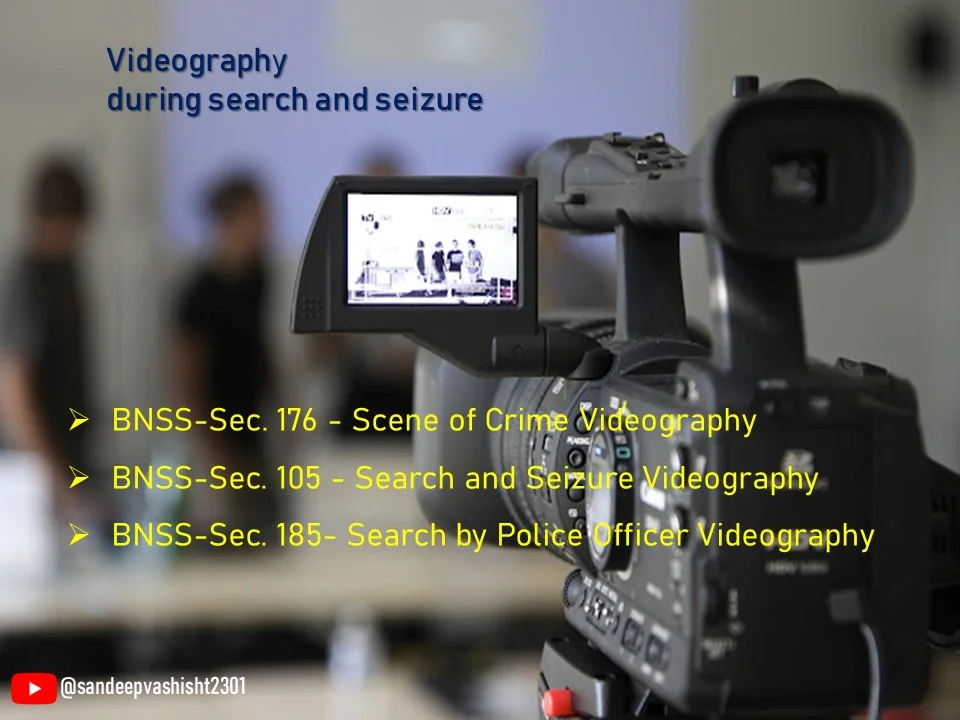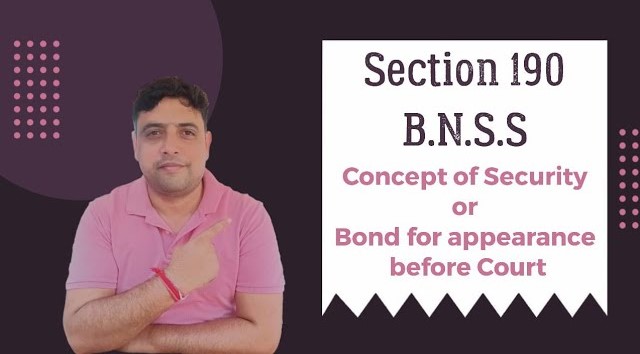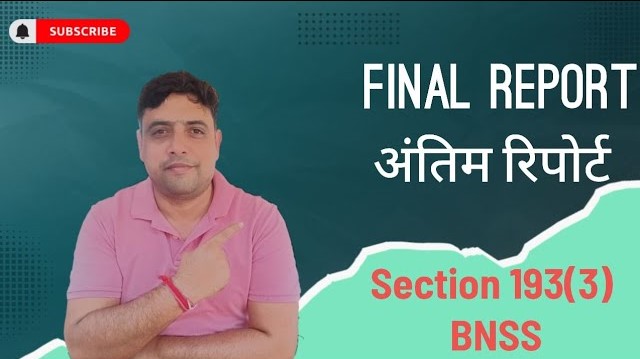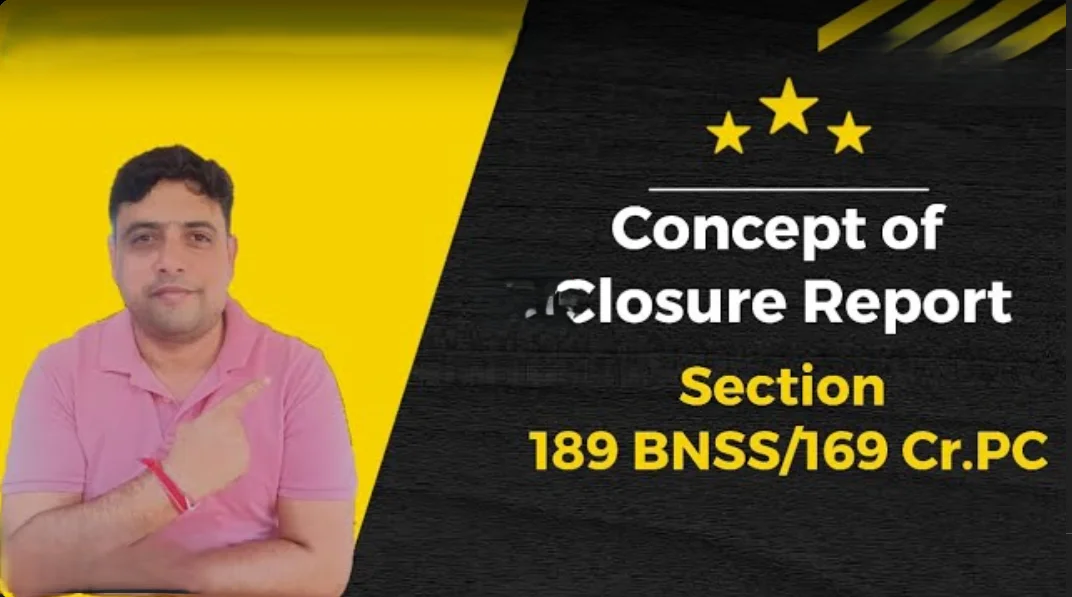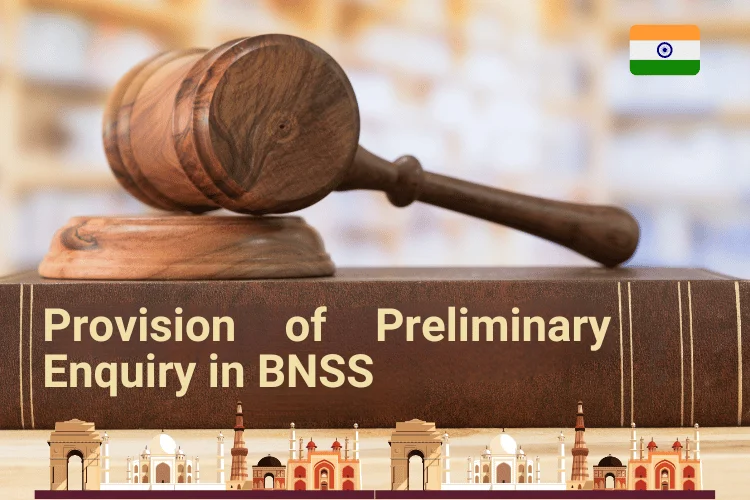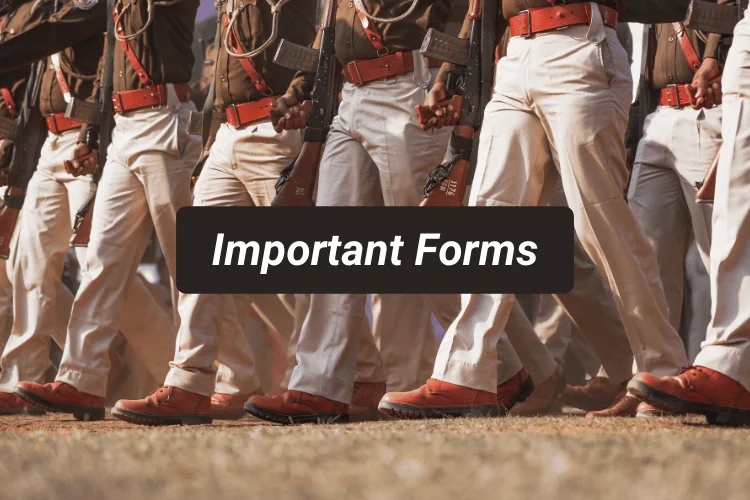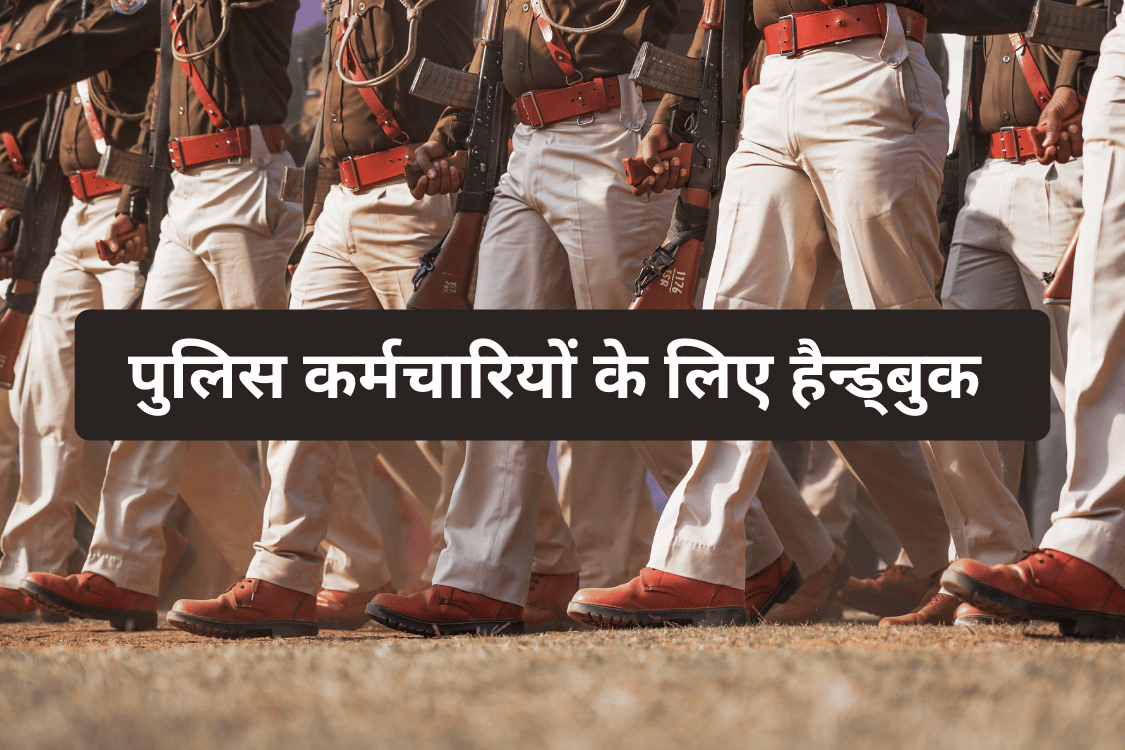INTRODUCTION
The right to practice law in India is governed by the Advocates Act, 1961. According to the Act, only advocates who are enrolled with the State Bar Council and have the necessary qualifications and are not subject to any disqualification can practice law. The key provisions are:
- Section 29: Only advocates are recognized as persons entitled to practice law.
- Section 30: Every advocate whose name is entered in the State roll has the right to practice in:
- All courts, including the Supreme Court
- Before tribunals or persons authorized to take evidence
- Before any other authority or person where they are entitled to practice under any law
The notification of Section 30 in 2011 allows advocates to practice anywhere in the country. These provisions establish the exclusive right of advocates to practice law, and no other persons can practice law except for advocates who meet the necessary qualifications and are enrolled with the State Bar Council.
RIGHT TO PRACTICE LAW IN INDIA: NOT ABSOLUTE
The right to practice law in India is not an absolute right. It can be subject to reasonable restrictions.
Statutory Right, Not Fundamental: The right to practice law originates from the Advocates Act, not the Constitution's fundamental rights.
Regulations and Conditions: The right is subject to regulations outlined in the Advocates Act. Two key conditions are:
- Advocate's name must be on a State Bar Council roll.
- Legal authorization to practice before a specific authority/person.
Reasonable Restrictions: The right can be limited by laws enacted by competent authorities, as long as the restrictions are reasonable.
Thus, right to practice law in India is a privilege granted to qualified advocates who meet specific criteria. It allows them to represent clients in courts, tribunals, and other legal settings. However, this right is not absolute and can be regulated or restricted by law to maintain professional standards and ensure the proper functioning of the justice system.
Case Laws
Jamshed Ansari v High Court of Judicature at Allahabad (2016):
This case involved a challenge to the Allahabad High Court rules requiring out-of-state advocates to appear alongside a local advocate.
Facts:
Jamshed Ansari, an advocate not enrolled in the Uttar Pradesh Bar Council, filed a writ petition in the Allahabad High Court.
The High Court registry refused to accept the petition because Mr. Ansari didn't have a local advocate on record.
Mr. Ansari argued that the High Court rules (Rule 3 and 3A) violated his right to practice law guaranteed under the Advocates Act and the Constitution.
Issue:
Did the High Court rules requiring out-of-state advocates to appear with a local advocate unreasonably restrict the right to practice law?
Court's Holding:
The Court ruled that Rules 3 and 3A were valid.
These rules were considered regulatory measures, not a complete ban on out-of-state advocates practicing.
The Court allowed out-of-state advocates to appear alongside a local advocate.
Reasoning:
The rules aimed to: Ensure advocates appearing before the court are easily identifiable and accountable.
- Minimize cases dismissed due to advocate absence.
- Facilitate efficient case management by having a local advocate readily available.
This case clarifies that the right to practice law in India, while nationwide, can be subject to reasonable regulations. The requirement of appearing with a local advocate, for out-of-state lawyers, is considered a valid way to streamline court proceedings and ensure accountability.
WHETHER A NON ADVOCATE CAN APPEAR AND PLEAD IN THE COURT ?
According to Section 33 of the Advocates Act, 1961, only advocates enrolled under the Act are entitled to practice in courts or before authorities However, Section 32 provides an exception, allowing courts to permit any person, not enrolled as an advocate, to appear in a particular case. This is not a matter of right, but rather a discretion granted to courts to allow non-advocates to appear in exceptional cases.
In general, Sections 29, 30, and 33 suggest that only advocates have the right to appear and practice in courts. However, Section 32 provides a limited exception, enabling courts to allow non-advocates to appear in specific cases, but not as a regular practice.
Case Laws
Harishankar Rastogi vs Girdhari Sharma 1978 Supreme Court:
The court ruled that a private person, not being an advocate, has no inherent right to represent a party in a criminal proceeding without prior permission from the court. The party must request permission, and the court has the discretion to grant or deny it, considering factors like the applicant's background, relationship with the party, and reasons for seeking representation.
Even if permission is granted, it can be withdrawn if the representative behaves inappropriately. The court allowed the petition in this case, noting that the private person was a friend of the party, seemed confident, and familiar with the law. However, the court cautioned that if a non-advocate regularly practices in court, they would be violating the Advocates Act, which the court cannot allow.
The court distinguished between representing a friend or relative in a single case or a few instances, and practicing law as a profession, which is reserved for advocates enrolled under the Advocates Act.
In another landmark case of C. Venkatachalam v. Ajitkumar C. Shah 2011, the Supreme Court ruled that a party's agent, who is not an advocate, can plead a case before the Consumer Disputes Redressal Forum. The court upheld the Bombay High Court's judgment, which allowed non-advocates to appear and practice before Consumer Forums. The court drew an analogy with other statutes, such as Sales Tax, Income Tax, and Competition Act, which permit non-advocates to represent parties before authorities. The court held that these non-advocates cannot be said to be practicing law, and therefore, can appear before Consumer Forums.
This judgment highlights an exception to the general rule that only advocates can appear and plead in courts. In the context of Consumer Forums, the court has allowed non-advocates to represent parties, recognizing that consumer disputes often involve simple issues that do not require legal expertise. This decision aims to facilitate access to justice and provide a more inclusive and consumer-friendly approach to dispute resolution.
CONDITIONS FOR THE RIGHT TO PRACTICE : The conditions for the right to practice as an advocate, as per Part VI of the BCI rules, are:
- Advocates must ensure their name appears on the roll of the State Council where they ordinarily practice.
- Advocates cannot enter into partnerships or arrangements for sharing remuneration with non-advocates.
- Advocates must inform the Bar Council of any change of address.
- The Council or State Council can request an advocate to furnish details of their enrolment and other particulars.
- Advocates who voluntarily suspend practice must intimate the State Council, and similarly, on resumption of practice.
- Advocates removed from the roll or under suspension cannot practice law.
- Retired officers enrolled as advocates cannot practice in courts or tribunals presided over by officers’ equivalent or lower to their previous post.
7A. Persons dismissed or relieved from government service due to corruption or dishonesty cannot be enrolled as advocates.
- Advocates suffering from contagious diseases that make their practice a hazard to others' health may be temporarily disqualified.
- Advocates enrolled under Section 24 of the Advocates Act, 1961, must pass the All-India Bar Examination (AIBE) to practice.
-
- The BCI conducts the AIBE (All India Bar Examination), which tests advocates'
- It shall be held at least twice each year in such month and such places as the BCI may determine from time to time.
- The examination shall test advocates in such substantive and procedural law areas as the BCI may determine from time to time.
- Such substantive/procedural law areas shall be published by the BCI at least three months prior to the scheduled date of the examination
- The percentage of marks required to pass the examination shall be determined by the BCI.
- An unsuccessful candidate may appear again for the examination, without any limit upon the number of appearances.
- The BCI, through a committee of experts, shall determine the syllabi, recommended readings, appointment of paper setters, moderators, evaluatos, model answers, examination hall rule and other related matters.
- The BCI shall determine the manner and format of application for the examination.
- Upon successfully passing the bar examination, the advocate shall be entitled to a certificate of practice.
11.
- Certificate of practice shall be issued by the BCI to the address of the successful advocate within 30 days of the date of declaration of result.
- Certificate shall be issued by the BCI under the signature of the Chairman, BCI.
PENALTY FOR PERSONS ILLEGALLY PRACTISING IN COURTS :Section 45 of the Advocates Act, 1961 clearly outlines the penalty for illegal practice.
Offense: Practicing law in any court or before any authority/person without being entitled to do so under the Act.
Penalty: Imprisonment for a term up to six months.
Importance: This provision safeguards the legal profession and protects the public by:
- Ensuring qualified and enrolled advocates represent clients.
- Deterring individuals from posing as lawyers without proper qualifications.
- Maintaining the integrity and credibility of the justice system.







